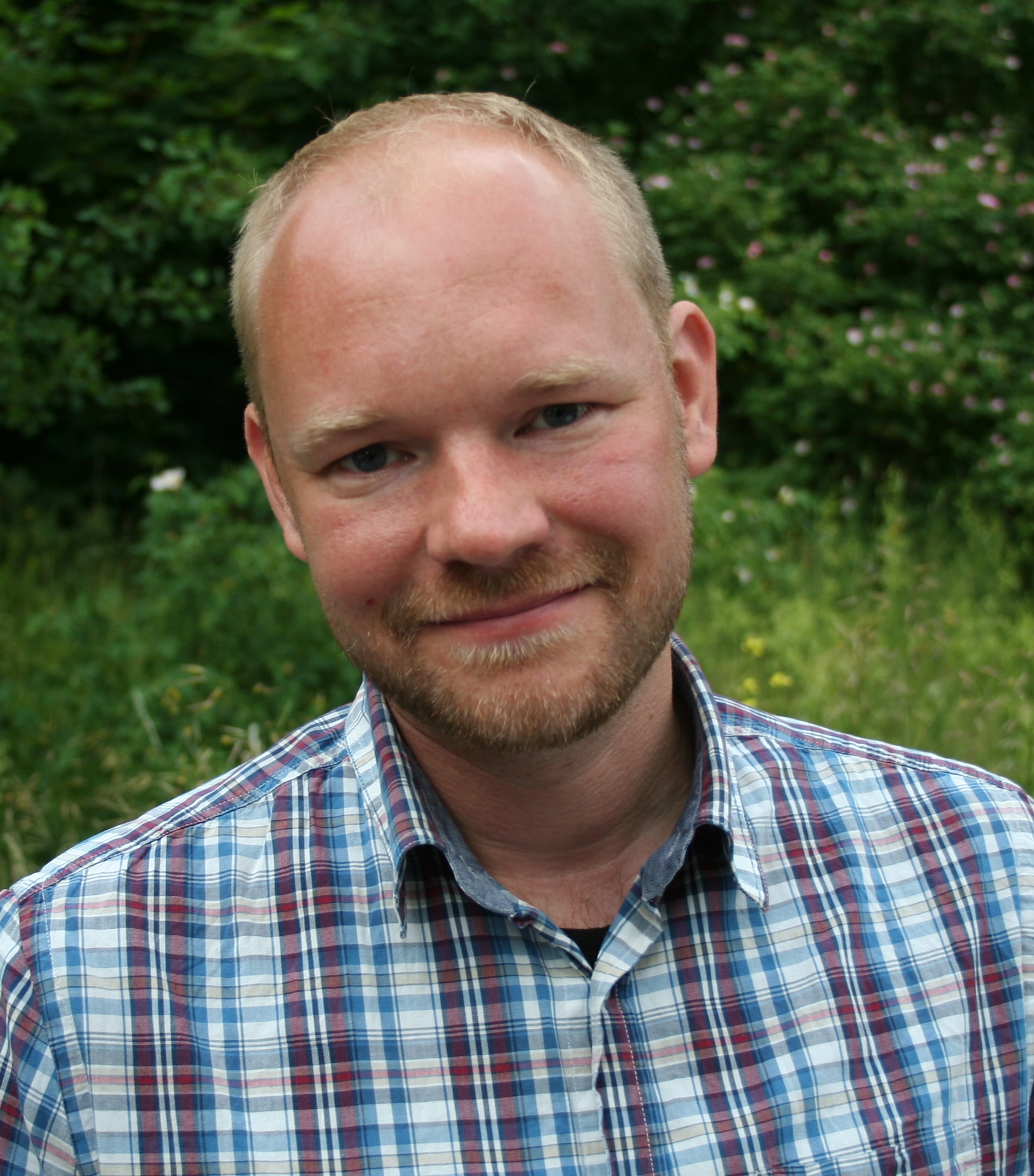Today, I submitted my paper contribution to the EESD15 conference (E.E.S.D. is for Engineering Education for Sustainable Development), which is organized by the University of British Columbia (Vancouver, Canada) this summer. In the paper, I and my co-authors reflects on what we’ve learnt from using various games in the class room (especially board games, role playing games and simulation games). Our laboratory has been class rooms at the Royal Institute of Technology (KTH) in Stockholm (Sweden) and the University of Cambridge (UK), where we conduct education in degree-level Engineering programmes.
Games in the class room have shown to be powerful learning tools for several reasons: Students consider it as a playful way to learn and games help to generate interest and curiosity. Also, games make it possible to simulate situations and processes in the class room that would otherwise be difficult or impossible. One example on that is decision making in complex situations with limited access to (partially outdated) information, where decisions both influence and are influenced by complex system dynamics – exactly as in many real situations!
The greatest learning output do games have, we experience, when combined in a well thought out way with traditional teaching such as lectures, assignments (individual and in group), literature studies – and a good briefing and discussion afterwards about what the students experienced during the game.
It will be exciting to discuss these issues with other teachers and experts of this field from around the world. I look forward to the EESD15 conference in Vancouver this summer!

